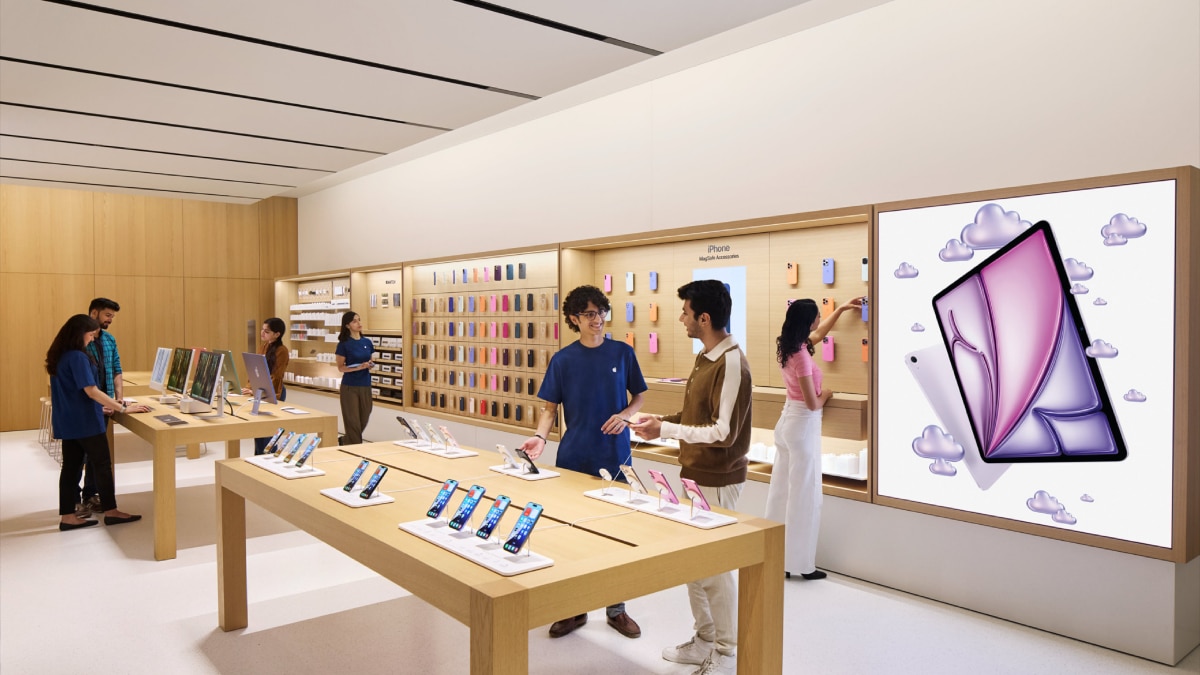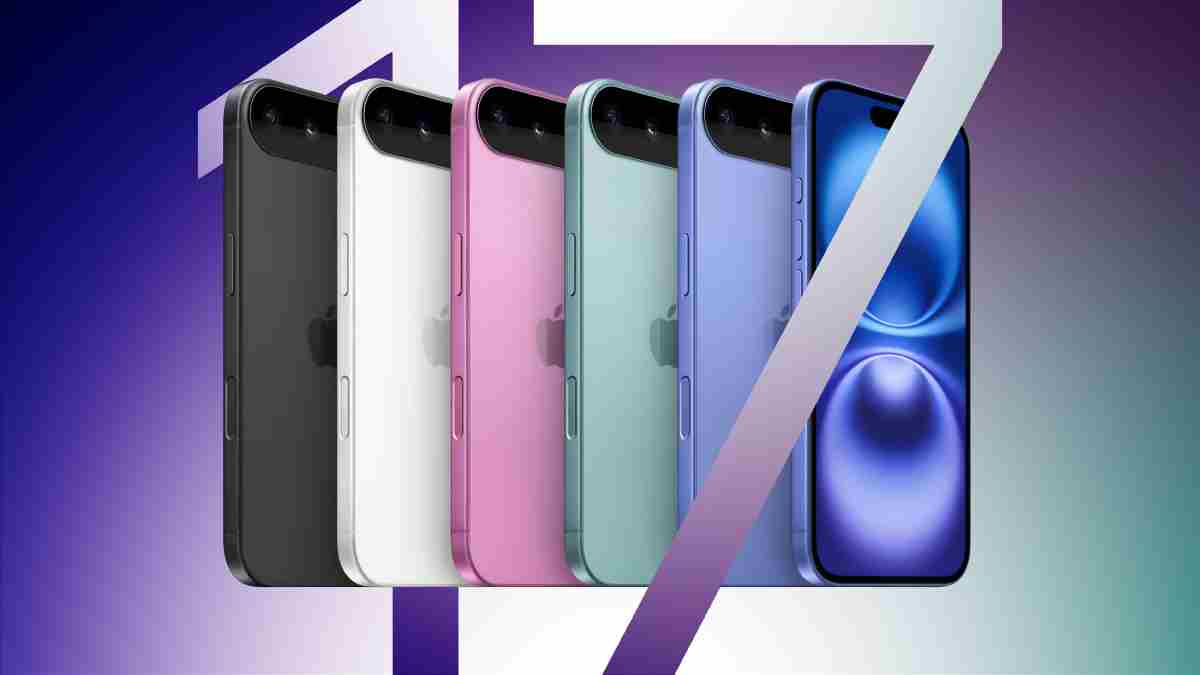By Sudiptaa Paul Choudhury
The alarming rate of increase in cyberattacks serves as a warning call for enterprises and government entities to adopt quantum-safe communication rather than using regular, attack-prone messaging platforms.
Overview of Quantum Safe Communication
According to a study, up to Rs 20,000 crore will be lost in India this year due to cyberattacks, affecting all industries and types of attacks, including phishing, smishing, and vishing. On the other hand, based on Statista’s Market Insights, $13.82 trillion will be lost to global cybercrimes by 2028.
The damage will only increase from here, as quantum computers can cause even greater harm in a shorter timeframe. Being crypto-agile and quantum-ready is not a choice but a business imperative for organisations in 2025.
- Every organisation depends on various communication channels for operational, execution, and functional purposes.
- These communication channels utilise encryption that is vulnerable to quantum attacks. One digital breach can break the overall business objective.
Need for Quantum Safe Messaging Apps
The communication channels and platforms do not end with internal communications; they also extend to customers, partners, offshore employees, remote workstations, stakeholders, vendors, third-party executives, and external bodies.
Any digital breach damages the trust the brand has accumulated all these years. That result of damage amplifies the need for quantum-safe messaging apps.
- Increasing attacks: According to the ET BFSI report, over 100 million attacks occur annually on unsecured messaging apps and SMS gateways.
- Unsafe algorithms: Employee chats, SMS, internal bank communication, military interactions, and government dispatches primarily depend on the RSA algorithm. Quantum computers can break this classical encryption in a few years.
- More intelligent adversaries: Some attackers are very proactive, as they have already taken all our encrypted data and retained it. Our past records, files, and messages are exposed to them but with a lock that existing systems cannot break. If quantum computers become available, these attackers will be able to crack and access all the encrypted data they have been stealing and storing. Only if organisations are quantum-resilient can they curb these attacks.
- Loss of confidence: Every attack is not just about the loss of money but also leads to a loss of confidence among end-users and partners.
- Targeted attacks: Once an organisation’s entire historical data, text messages and files are with the cyberbullies, targeted attacks will be their first weapon.
- Non-compliant: With the upcoming mandates, organisations that delay their quantum adoption will become non-compliant. The migration process from the current systems to PQC solutions is effort-heavy, cumbersome, and challenging. The sooner you adopt quantum, the better your security will be.
Which industries need quantum-safe messaging?
- Industries that use sensitive data over communication channels
- Industries that handle confidential information
- Organisations that deal with consumer records
- Organisations that rely on research and development
- Enterprises and government bodies that use the internet
It implies that all industries will be affected if they don’t have quantum-safe messaging solutions. The list of industries included Defence, Government, Pharma & Life Sciences, Telecom, BFSI, Automobile, Healthcare, Supply Chain and Logistics, Aviation, Travel and Tourism, Enterprises, as well as larger service-based organisations, and more.
How do you find the best quantum-safe message platform?
Finding the right quantum-safe messaging platform depends on the organisational objective and business model. However, there are a few key parameters to consider when selecting the best quantum-safe messaging and collaboration platform.
- End-to-end Quantum Secured: Companies with global presence and with various use cases should look for 100% end-to-end quantum-safe messaging platforms. For Indian companies, multiple parties are involved, and national security is a key concern. Therefore, quantum-safe messaging products built in India will be more suitable. Ensure that the product is entirely based on quantum-secure encryption and the organisation is known for its reputation in the quantum space.
- Government Funded: India is one of the top 7 countries that analysed, identified and adopted quantum cryptography early. The country has launched the National Quantum Mission (NQM), through which it has recognised and invested in a few organisations for quantum security.
- Utilitarian Value: The utilitarian value must be high, with one-to-one and group messaging, file-sharing controls, new user onboarding, audio/video calling and compatibility with various types of devices.
- Intellectual Property Security: The data must reside on the organisation’s server with 100% control rather than being kept in an external cloud or external servers. Remote wiping of data is essential when the device is lost or in any other unforeseen situation. Forward Secrecy should also be maintained, preventing anyone from forwarding messages. Screenshots and screen recordings have to be disallowed. Granular access control and containerised security should be a part of the platform.
Look for end-to-end quantum-safe messaging platforms. It must be an indigenously developed Indian solution, serving global organisations, fully quantum-encrypted, and funded by the National Quantum Mission of India or other government bodies.
Get Started
Consider adopting quantum-secure solutions as a strategic decision rather than an IT solution. Whatever quantum-safe messaging platform you choose, ensure that it is end-to-end quantum-encrypted.
Explore various quantum-safe messaging products and find the one that suits your organisation best.
(The author is the Vice President, Head of Marketing, QNu Labs)
Disclaimer: The opinions, beliefs, and views expressed by the various authors and forum participants on this website are personal and do not reflect the opinions, beliefs, and views of ABP Network Pvt. Ltd
Prev Article
Why You Should Always Charge Your Phone With Original Chargers (Or Risk Frying Your Phone)
Next Article
Google Pixel Watch 4 With Gemini AI, Snapdragon W5 Gen 2 Launched: Check Price In India, Top Features









